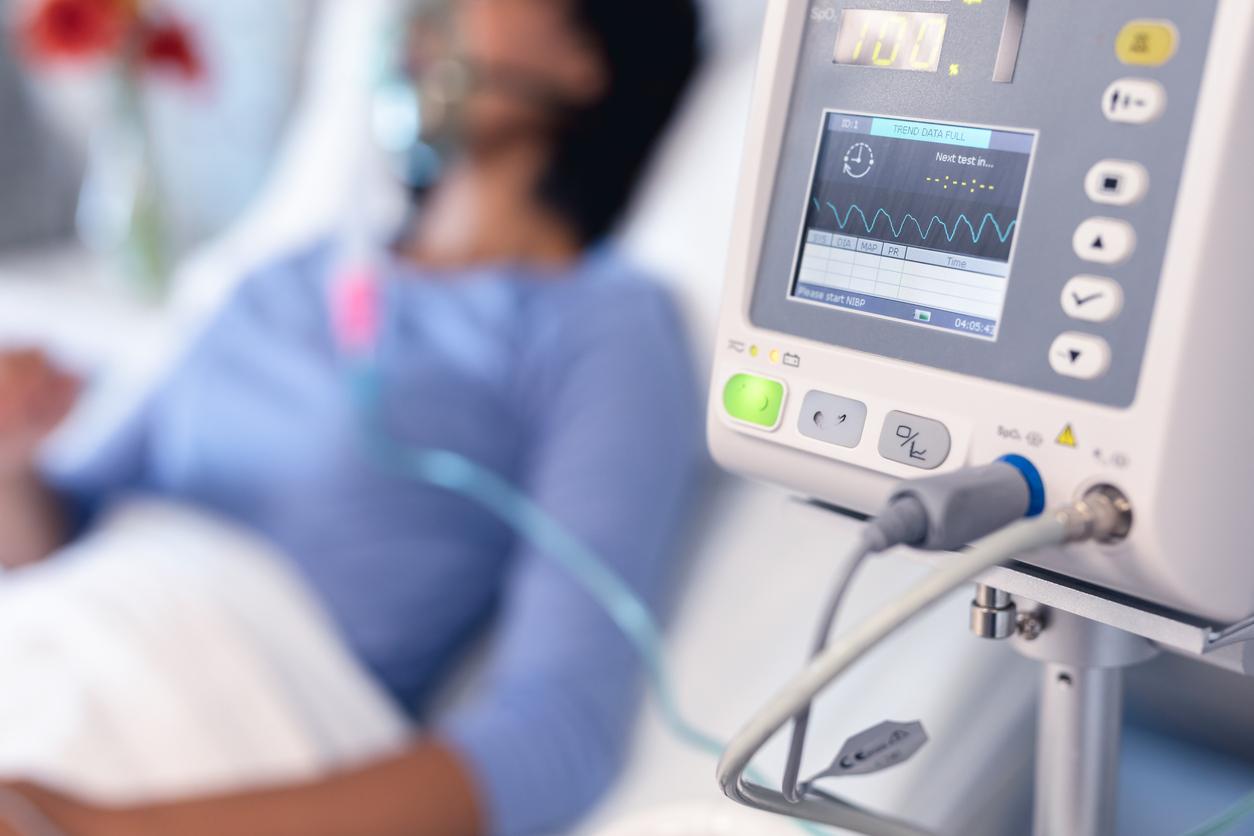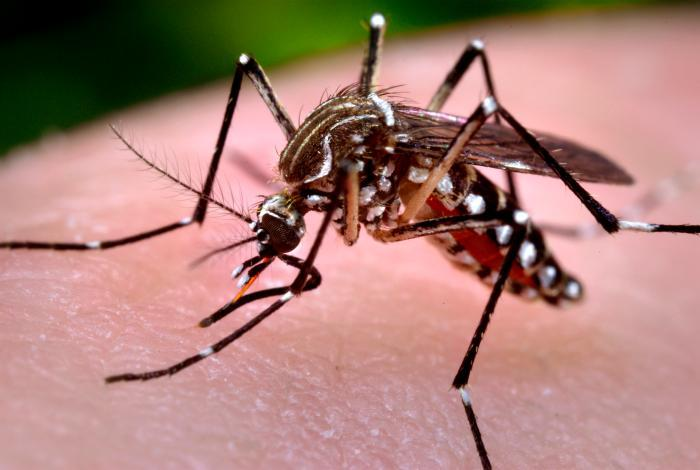
A US surveillance study shows that patients with recent COVID-19 infections contributed substantially to increases in hospital-onset methicillin-resistant Staphylococcus aureus (MRSA) bacteremia during the pandemic. The findings were published today in Open Forum Infectious Diseases.
The study, led by researchers from the Centers for Disease Control and Prevention (CDC) and state public health departments, analyzed incident MRSA blood isolates from residents in six states (California, Connecticut, Georgia, Minnesota, New York, and Tennessee) from 2005 through 2022. The researchers wanted to assess the impact of the pandemic on community-associated (CA), healthcare-associated community-onset (HACO), and hospital-onset (HO) MRSA bacteremia.
The data showed that overall MRSA bacteremia incidence per 100,000 population fell from 32.6 in 2005 to 15.7 in 2016, increased to 17.0 in 2019, then ranged from 15.6 t0 16.2 during 2020 to 2022. But the pandemic had a different impact on the incidence of MRSA bacteremia depending on the type.
HACO MRSA incidence fell from 18.7 in 2005 to 10.2 in 2017, increased to 10.8 in 2019, then hit its nadir (9.0) in 2021, while CA MRSA began rising in 2016 but was much lower than predicted from 2020 to 2022. The study authors suggest this drop in incidence may be related to COVID-19 mitigation measures, including closures of schools, gyms, and workplaces; reductions in elective surgeries; and increased use of personal protective equipment among healthcare workers.
Substantial increase in HO MRSA during the pandemic
Incidence of HO MRSA bacteremia during the pandemic followed a different trajectory. After a substantial drop from 2005 through 2014, HO MRSA incidence did not significantly change from 2014 through 2019, then rose by 40% (compared with 2019) in 2021. From 2020 through 2022, 18.2% to 21.8% of HO MRSA bacteremia cases had recent COVID-19 infections.
When the researchers excluded cases with recent COVID, incidence fell within the expected range, which the authors say suggests COVID-related hospitalization contributed substantially to the increase in HO MRSA bacteremia.
"This suggests a need for a robust approach to HAI prevention among hospitalized patients with COVID-19 to prevent MRSA bacteremia, a finding that may also be relevant for future pandemic preparedness planning," they wrote.

















